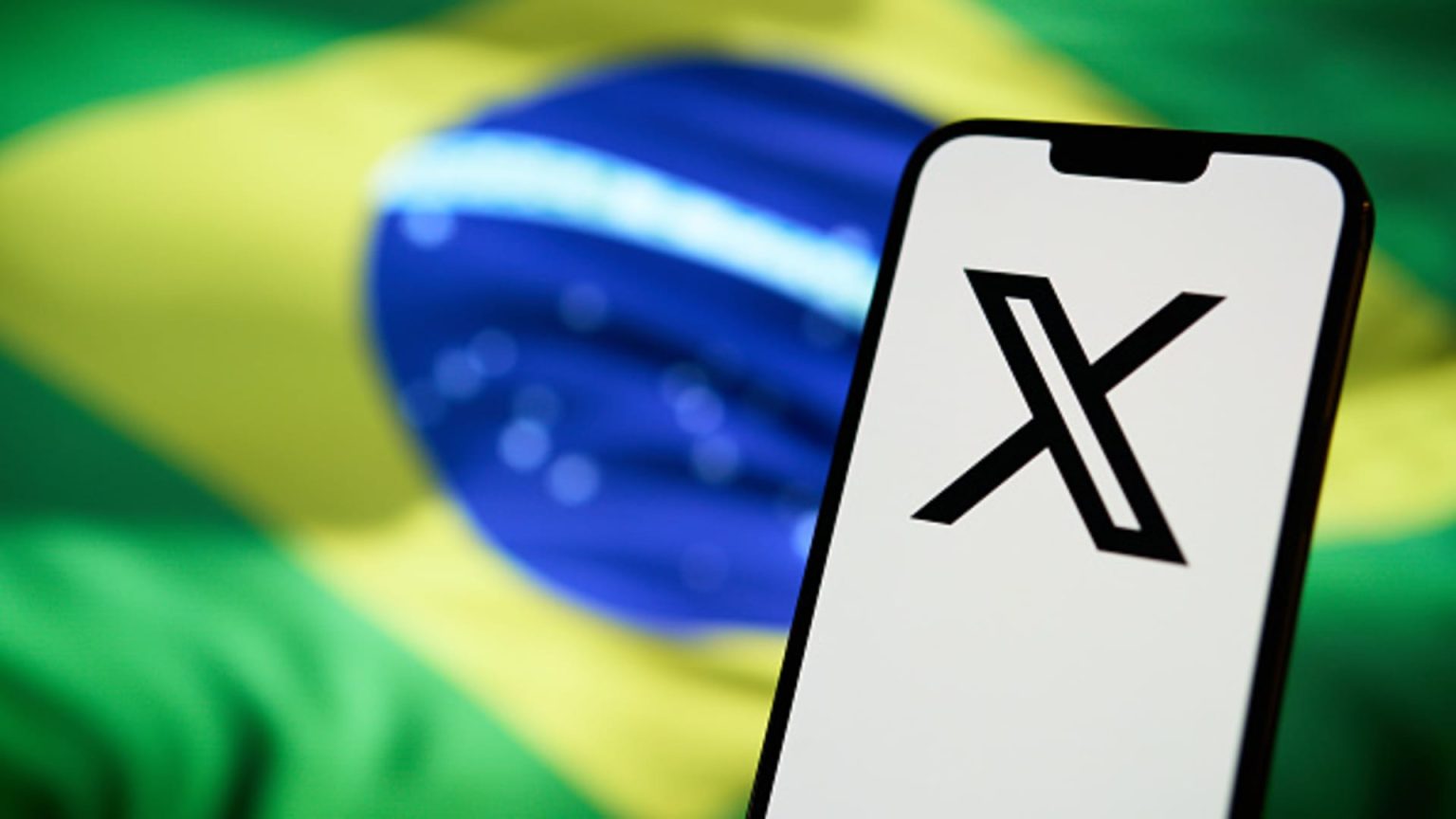Starlink, a satellite internet provider controlled by Elon Musk, has informed Brazil’s telecom regulator Anatel that it will not comply with a court order to block social media platform X in the country until its local accounts are unfrozen. Anatel confirmed this information after receiving a note from Starlink and passing it on to Brazil’s top court. Supreme Court Justice Alexandre de Moraes had ordered all telecom providers in Brazil to shut down X for lacking a legal representative in the country, which also led to the freezing of Starlink’s bank accounts in Brazil, as the unit of Musk’s SpaceX was also affected by the order.
The decision to block X and freeze Starlink’s accounts is part of a separate dispute over unpaid fines that X was ordered to pay for failing to provide certain documents. Elon Musk responded to the account block by calling Moraes a “dictator,” showing his defiance in the face of the court ruling. The Supreme Court, however, did not provide any comment on the matter. A five-member panel of the court is expected to decide on Monday whether to uphold Moraes’ ruling, and legal experts consulted by Reuters believe that the panel will likely confirm the decision.
Starlink has more than 200,000 customers in Brazil and has gained popularity for its satellite internet services. However, the company’s refusal to comply with the court order to block X demonstrates its resistance to legal action that it believes is unwarranted or unjust. The dispute over unpaid fines and the lack of a legal representative for X in Brazil has led to a situation in which Starlink finds itself at odds with the country’s legal system and facing repercussions such as the freezing of its bank accounts.
Elon Musk’s criticism of Justice Moraes as a “dictator” reflects his frustration with the court’s decision to block X and freeze Starlink’s accounts. Musk, known for his outspoken and controversial statements, has made it clear that he will not back down in the face of legal action that he sees as unfair or unjust. The confrontation between Musk, Starlink, and the Brazilian authorities highlights the challenges faced by tech companies operating in different countries with varying legal systems and regulations.
The outcome of the court’s decision on whether to uphold Justice Moraes’ ruling will have significant implications for Starlink’s operations in Brazil and for the broader relationship between tech companies and the legal system in the country. If the panel confirms the ruling, Starlink may be forced to comply with the order to block X, potentially impacting its business and customer base in Brazil. This case also raises questions about the power and reach of government authorities in regulating and controlling tech platforms and the ability of companies like Starlink to push back against legal actions that they see as unjust or unreasonable.
Overall, the dispute between Elon Musk-controlled Starlink and the Brazilian authorities over the court order to block X highlights the complexities of the relationship between tech companies and legal systems in different countries. Musk’s defiance and criticism of the court’s decision reflect the challenges faced by companies operating in environments where legal actions can have significant consequences for their businesses. The court’s upcoming decision on the matter will determine the future course of action for Starlink in Brazil and may set a precedent for how tech companies navigate similar challenges in the future.


